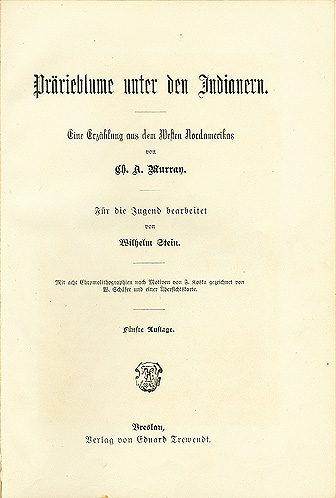Charles Nicholas Sarka (1879 - 1960) American graphic artist, painter and illustrator.
"The Deputy Supervisor revealed to them the thrilling difference between a peach and an apple."
Of such women McGennis had no fear, and
so it had come about, very gradually, that after
all the others were gone, these little ones
waited in the big room till McGennis came
with a wonderfully colored book, and then,
with shining eyes and tiny gurgles of excited
laughter, they closed about him and wormed
their warm little selves inside his arms and
balanced precariously on his shoulders, steadying
themselves by his hair, and lay piled, a
heap of eager heads and forgotten arms and
legs, on the big table where the book was,
while the Deputy Supervisor revealed to them
the thrilling difference between a peach and
an apple, and the astonishing unlikeness of
either to a violet. And any one who had come
unseen on McGennis then, would hardly have
known him for a Deputy Supervisor.
"All I wanted was fayah show."
Fagan received his sentence with ominous
lack of his former protestations, and went
quietly to the guard-house. But being neither
an accomplished thinker nor an expert in moral
theory, he did not reflect. He merely sat there
and brooded. "All I'm lookin' for is jus' a
fayah show," he told himself, over and over
again. "He use me right, an' I'll use him
right. Ain't I the bes' fightin' man in the
regiment, ain't the Kuhnel done said so, a
whole plainty o' times? When they's fightin',
I'll be there. But that little Lootenant—Lawszee,
couldn' I smash him—all I want is
jus' a straight deal."
Fagan and Patricia
So Fagan and Patricia must needs leave the
snug little house at the end of the sleepy,
grass-grown street, and go out on the High Trail,
the unknown of the people of the plains, a
broad highway to things with hoofs and claws
and wings, and to men little less wild than
they, the men of the hills. At times the brown
thread of the Trail was twined amid the giant
roots of trees, and they wandered in a cool
twilight, alone with the long creepers and the
ferns and the bright birds which played about
some opening in the matted roof, far above
their heads, where the sun dropped through
for a brief hour. Sometimes it clung to the
massive walls of a cañon, where a river boiled
so far below that the sound of its torment came
to their ears like the babble of a brook.
Sometimes it shot upward to the realm of the clouds,
and from the bare, grassy heights they peered
out through shifting mist wreaths over all the
cities and fields of the plains to the blue hint
of the distant sea.

"Adios, Senor Don Augusto"
"Oh, I told you that teniente of mine was
a devil! He got up and shook the hand of
Don Augusto, and he smiled and said: 'Adiós,
Señor Don Augusto de los Reyes. We shall
not meet again for some time, I think. I am
getting very tired of it myself. But I will give
you a trustworthy escort. José!'
"Fought with - dishes and - knives and forks."
"What's he saying?" somebody asked, but
the operator didn't seem to hear him. Then
all at once he began to talk in a voice that
didn't belong to him.
"Balangiga," he read, "seven-ten
A.M. Company—attacked by—bolomen—while
at—breakfast. Rifles in quarters. Fought
with—dishes and—knives and forks—but—no
good—"
"Dolores gazed down on her little world as it went to sleep."
No one minded her much. Her husband
sat with half-closed eyes and puffed at his
cigarette, Dolores turned to her window and
gazed down on her little world as it went to
sleep, and Hazlitt's eyes persisted in wandering
to the girlish figure, glowing in a belated,
ruddy shaft of light. Decidedly, the talkative
woman on the beach had shown some discrimination
in placing Señorita Dolores on the pinnacle
of beauty. Suddenly Hazlitt became
aware that Doña Ceferina's tale was told,
and that her talk had taken a more personal
turn.
"With loose reins rode off to his house."
But McGennis did not smile at it. For an
instant he stood, and then he turned and closed
the door with fumbling fingers, and took the
few steps to his horse stumblingly, and climbed
heavily into his saddle, and with loose reins
rode off to his house and went up to his ssla
and sat down there, looking blindly out on
Sicaba.


































































































